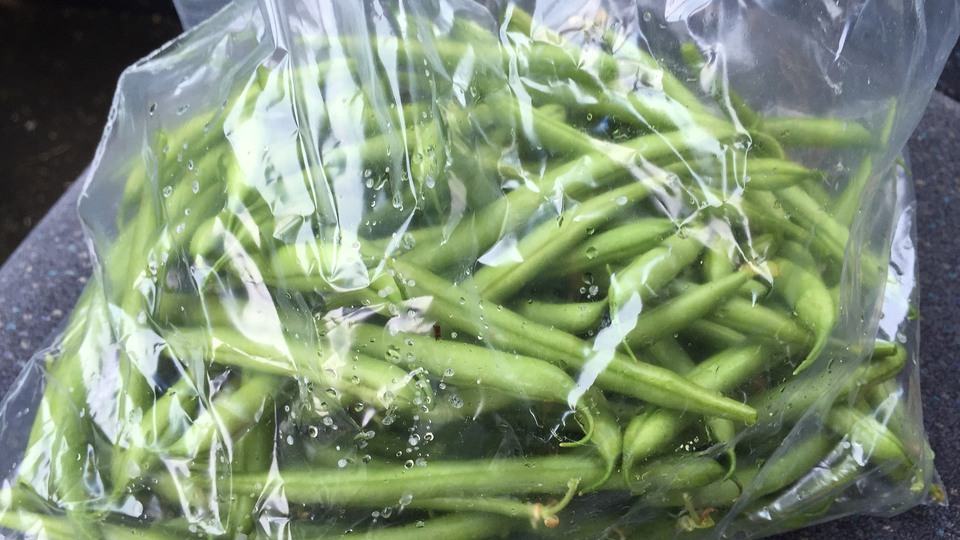
IVL assesses the environmental footprint of biodegradable plastic bags in China
Under the pressure of serious environmental pollution, many major cities in China have started to promote the use of biodegradable plastic shopping bags. In Guangzhou the company Hairma's products have been put into use. In a new project, IVL has been commissioned to evaluate the environmental footprint of Hairma’s products’ materials and explore other possibilities in reducing the products’ carbon emissions.
Since 2021, many major cities in China have banned the use of disposable plastic products, including disposable plastic shopping bags, plastic lunch boxes, and plastic spoons. The implementation of “plastic restriction” has set off a new wave of researching biodegradable shopping bags in China. There are various types of biodegradable plastic shopping bags with different raw materials and different technologies. Professional third-party assessment will help decide which product has a better environmental performance.
The company Nantong Hairma Technology Co., Ltd has developed biodegradable plastic shopping bags by using vegetable oil’s modification technology. The main components of the biodegradable plastic shopping bags are PBAT, calcium carbonate and vegetable oil plasticizer. The products are said to be completely degraded in 180 days under specific composting conditions, and under natural conditions the degradation process takes about two years.
IVL will evaluate the environmental performance of Hairma’s products according to their raw material’s carbon footprint. IVL is experienced in studies of the environmental footprint of products and their materials. Evaluating environmental impacts of the products on the basis of international standards, the environmental footprint report is a document with international recognition for companies to take social responsibilities and to prove that their products are environmentally friendly.
For more information, please contact:
Xu Min, xu.min@ivl.se
